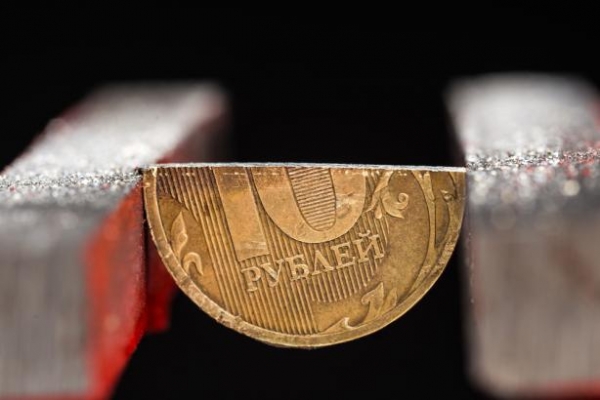The Russian government remember the sad experience of the USSR
Current Russian leaders, who grew up in the Soviet Union, quite clearly imagine the effects of open and closed countries. Greater openness leads to increased doubt as to the action of unchangeable power and that can’t happen.
In his book “Russo turisto: Soviet tourism. 1955-1991” historians Igor Orlov and Alexey Popov write about is not provided by the authorities effect: a visit to Soviet citizens of foreign countries, despite restrictions, has allowed millions of people to discover the everyday life of other countries, destroyed the propaganda stereotypes about the “decay” and the myth of the superiority of the Soviet system and the planned economy.
The departure of Soviet citizens abroad, started in 1955, in January 1956, the Central Committee of the CPSU adopted a resolution “On organization of trips of the Soviet people abroad.” One of the main goals was to prove in practice the superiority of the Soviet system and to improve the perception of the Soviet Union and socialism in the mass consciousness of foreigners.
The selection of tourists was strict. They had to get a good description of the place of work, interviewed in a district (city) party Committee. After learning their identities to the KGB final permission to leave were given a special Council of the regional party Committee. Traveling abroad had to answer questions about the socio-political situation in the countries visited, the personalities of the leaders of the local Communist parties. Before leaving the tourists was briefed, as described in the song of Vladimir Vysotsky “half an hour in the local Committee”.
Soviet travelers were under the watchful supervision of group leaders, employees of Intourist and KGB handlers. Cases of fleeing abroad were rare. But the number of tourists grew, it increased from 1955 to 1990 in 1000 – 2104 to 2.15 million people. Even a short stay abroad was ruined imposed propaganda view of the world, gave rise to doubts about the superiority of the socialist system, the authors write. These impressions are shared by friends and acquaintances of tourists. Overseas travel contributed to the spread of elements of a market economy (selling or exchange of Soviet goods to purchase the scarce imported items). By the way, the famous capitalist, the effect brought and the Olympics-80 in Moscow and Leningrad was more profitable to sell the rights to broadcast, based on the German model created by the sports lottery, signed a contract with Coca-Cola and nearly signed with McDonald’s.
Western soft power is now perceived in Russia as hostile, its penetration tend to limit how censorship in the media, and outright bans to travel abroad for certain categories of civil servants (at least 2.5 million people at the end of 2015). Outbound tourism is declining for economic reasons (devaluation of the ruble and the decline in real wages). In absolute numbers, of course, it is still much superior to the Soviet, but the dynamics in contrast to the Soviet negative: departure of Russian citizens have declined from 18.3 million people in 2013 to 13 million in 2015.







